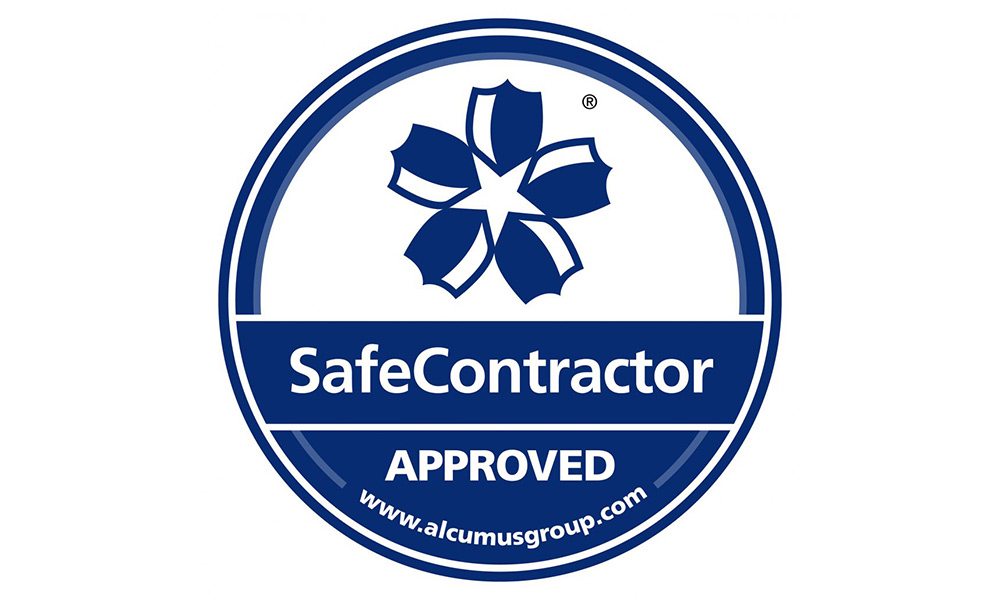Following COP26 and a marked shift towards the need for a cleaner and greener built environment, Bisnow held their ‘Building for the Future’ in-person event on Tuesday 23rd November 2021, to reflect on how the industry can come together to create credible net-zero offset strategies.
Uniting people from local and national developers, funds, multinational corporations, consultants, contractors, lawyers and the public sector, the event saw lively discussions on a wide range of topics including ESG strategies, environmental impact of planning and placemaking as well as modern methods of construction (MMC), technology and materials.
In this post-conference wrap-up, we bring together some of the main takeaways and key insights.
Time is running out
Sir Jonathon Porritt, Environmentalist, NED Willmott Dixon and co-founder of Forum for the Future had stark words for participants, saying that we’ve been living in a world of carbon illiteracy with 20-30 years of sub-optimal government decision-making and policies surrounding sustainability and impacts on the environment.
He warned of the catastrophe that would ensue if the Greenland ice sheets were to tip or melt resulting in sea levels rising by 6 metres, which is looking likely by 2050 if we don’t start reducing greenhouse gas emissions now.
Retrofitting for the future
By now we all know the construction industry is one of the biggest contributors to global emissions – 40% to be exact. In the UK specifically, 80% of buildings in 2050 have already been built so the industry needs to get behind retrofitting in a much bigger way than they have been.
Andy Haigh, Director of Climate Positive Solutions at Grosvenor Group highlighted the launch of the firm’s retrofit fund last year which has since completed 175 retrofits, from smaller units to larger multi million pound units, as a strong example of how businesses can follow in their lead.
Seeking greater collaboration
Like anything, the built environment’s journey towards net zero will only get better with greater collaboration, not only across industry but also within companies. Speakers agreed that the built environment requires a unified language and strict regulations around ESG to enable this.
Katherine Beisler, Head of ESG at Hollis, Helen Drury, Sustainability Lead at Tritax and Aurelien Collignon, Partner at FORE Partnership honed in on this point by pointing out the following:
- Everyone throughout the supply chain needs to understand sustainability metrics.
- It is essential to have someone who drives sustainability targets in a company.
- Bring everybody within the stakeholder ecosystem on the ESG journey otherwise it won’t work – technology is a massive enabler of this.
In another session titled ‘Demystifying ESG: Actionable strategies/performance metrics’ panellists discussed the increasing role of data and how the creation of a building passport, for example, would mean the data stays with the building, is easily accessible, and allows for greater collaboration between construction and investor.
Putting the ‘S’ in ESG
Given the built environment is about people just as much as it is about their surroundings, the general consensus is greater emphasis should be placed on the social part of ESG.
It is expected that London will grow by 10 million people over the next 10-15 years and 80% of the world’s population will live in cities. Therefore, we need to start highlighting the ways modern methods of construction (MMC) creates social value through better chain of custody, more opportunities for new ways of working and living, through the creation of 15 minute cities for example.
But there was a stark reminder that the industry needs to look within itself, helping to diversify talent and upskill employees so that they can improve on site deliver via technology, and provide value by creating buildings that work within a circular economy.
Follow us on LinkedIn – https://www.linkedin.com/company/pexhurst-services-limited/










